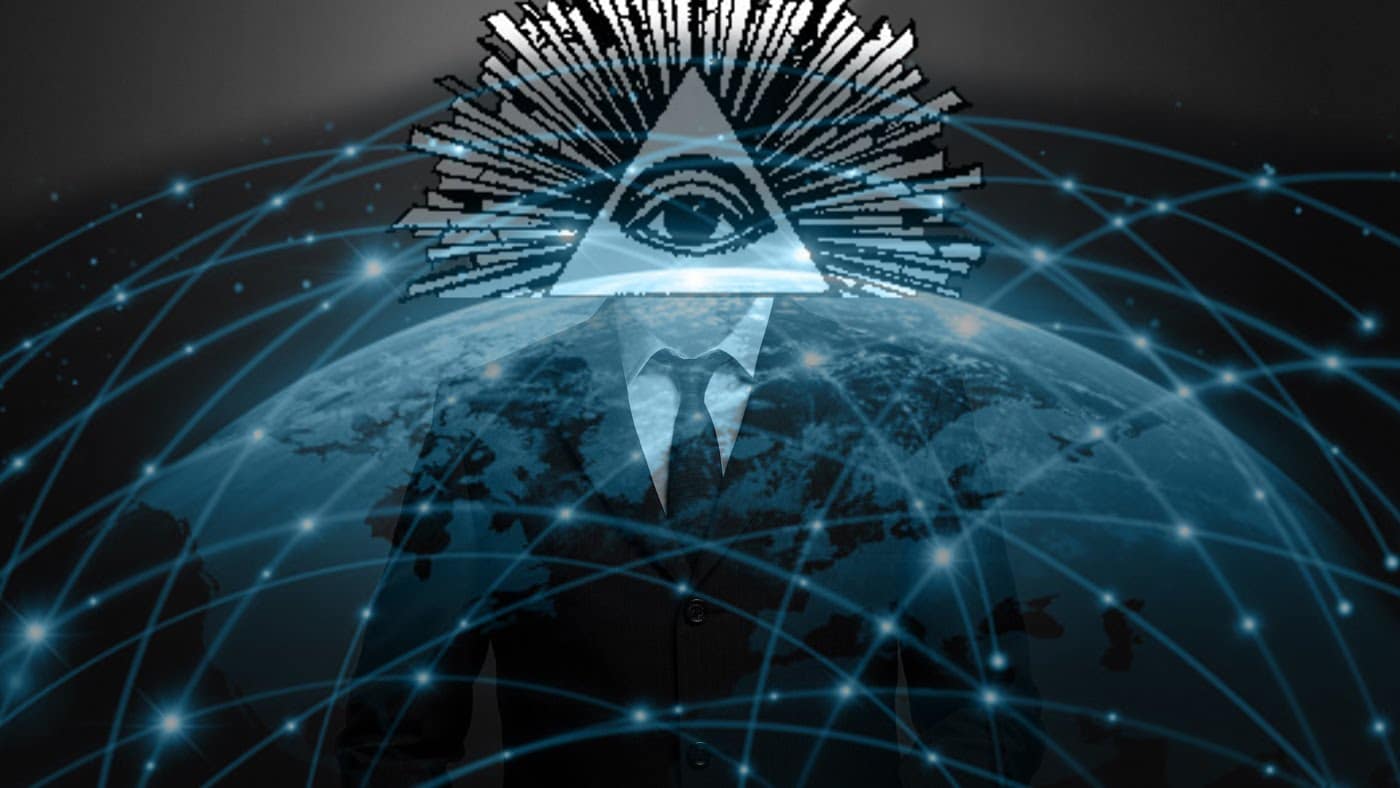The educational establishment seems to be expending a great deal of effort these days to excise “offensive” material from the curricula of history and literature. For example, Mark Twain’s great anti-racist novel The Adventures of Huckleberry Finn has been removed from the study materials in many schools because of its use of the word “nigger” in the dialogue—as if any accurate representation of the time and place Twain portrays in this book could have been written without this key word.
Recently this censorial campaign has reached such heights of stupidity that new editions of Twain’s books The Adventures of Tom Sawyer and The Adventures of Huckleberry Finn are being published with the word “nigger” replaced by the word “slave.” With friends like this misguided editor, anti-racists need no enemies. One is not likely to produce an intelligent end by the use of foolish means.
More generally, the wrongheaded effort to produce feel-good instruction in history and literature undermines the entire purpose of studying these subjects as part of a liberal education; it aims to make the students feel comfortable and unchallenged rather than to help them acquire knowledge and understanding of the human past and human nature with all its potential for both good and evil.
A well-warranted study of history and literature certainly will on many occasions leave the students feeling very bad indeed, as they gain knowledge and understanding of the horrible deeds that people have done and of the twists and turns of human motivations, actions, and—all too often—crimes against their fellows, frequently founded on the most brutal and senseless rationalizations.
Yet the study of true history and an unfettered immersion in great literature can also reveal mankind in its most splendid and shining moments. Rising like beacons above the monstrous ideas and savage mayhem have been individuals who resisted the mob, who defended the defenseless, who gave sustenance and protection to the victims, who put decency before popularity, who rebelled against the inhumane dominant ideologies, religions, and prejudices of elites and masses alike. But the comprehensiveness that permits a real liberal education to become uplifting as well as depressing cannot find a place in a feel-good curriculum in which avoidance of hurting someone’s feelings receives priority.
Human beings and their historical record, viewed with warts and all, give any serious student ample reason for taking offense and feeling dismayed by what people have believed, said, and done. But unless we face these aspects of our species and its actions frankly and fearlessly, we will never be able to appreciate in stark contrast the true heights to which people at their best can rise and actually have risen in the past—and we will thereby deprive ourselves of the most inspiring models we can have for carrying on our own struggles for a more humane world.
Reprinted with permission from the Independent Institute.


